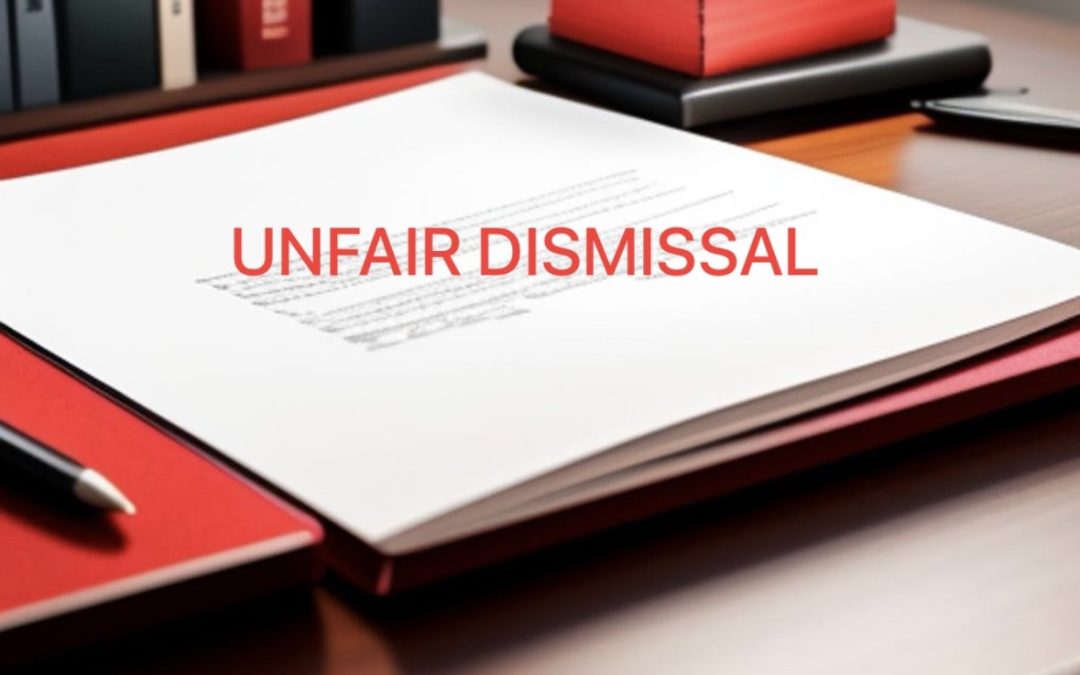The prospect of facing an unfair dismissal claim can be daunting for many employers. In fact, the fear of potential legal repercussions often deters them from terminating employees who display poor performance or engage in misconduct.
In Australian workplace law, employers are required to demonstrate adherence to a procedurally fair process when terminating an employee. This process must validate a legitimate reason for dismissal and confirm that the termination is not unfair, harsh, or unjust. To be considered fair, the dismissal should meet all the specified requirements.
Ensuring Compliance: Steps to Mitigate Unfair Dismissal Claims
1. Pre-employment Foundations
- Employment Contracts: An employment contract formalises the agreement between an employer and an employee, detailing the terms and conditions of employment. A well-drafted written contract is essential to clarify the rights and obligations of both parties.
- Employee Policies: Effective HR policies are crucial as they provide structure, control, consistency, fairness, and reasonableness in managing personnel. These policies help ensure compliance with employment legislation and clearly communicate the organisational expectations regarding employee performance and conduct.
2. Procedural Fairness in Disciplinary Actions
Before initiating any disciplinary or performance management process, assess the necessity of such actions. If deemed necessary, a procedurally fair process should:
- Provide the employee with written details of the performance or conduct concerns and possible repercussions (e.g., written warning or termination).
- Offer the employee the opportunity to have a support person present during related meetings.
- Allow the employee a chance to respond to the allegations.
3. Consideration and Outcomes
Prior to finalising the outcome of a disciplinary or performance process, it is imperative for the employer to thoroughly consider the employee’s response and any circumstances that may have come to light that may give rise to a discrimination claim. While termination can occur without prior warnings in certain cases, it is generally required that the employer demonstrate that the employee was given opportunities to amend their behaviour or performance.
4. Assessing the Nature of the Dismissal
Ensure the dismissal is not deemed “harsh,” “unjust,” or “unreasonable.” A dismissal might be considered:
- Harsh if it is excessively severe, such as terminating employment for minor lateness.
- Unjust if the employee is not responsible for the misconduct alleged as grounds for dismissal.
- Unreasonable if the evidence does not substantiate the termination decision.
By establishing robust documentation and procedural frameworks, employers can effectively manage performance and conduct within their organisations, including terminating employment where necessary.
Need Expert Guidance?
Business 360 is ready to assist you in understanding and fulfilling your HR responsibilities. Contact us on 1300 287 360 or send an email to info@business360.au. For a confidential discussion, please scan or click below to book an appointment tailored to your needs.

Click or Scan

